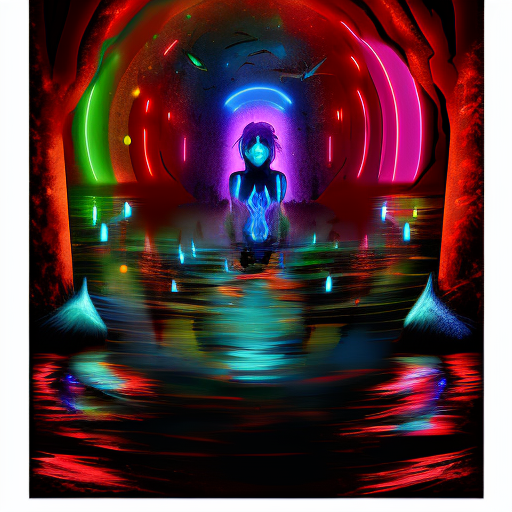One-line summary:
“The Reader” is a thought-provoking novel that explores themes of guilt, shame, and the complexities of human relationships through the lens of a young man’s affair with an older woman.
The Story:
“The Reader” by Bernhard Schlink is a captivating novel set in post-World War II Germany. The story revolves around Michael Berg, a 15-year-old boy who embarks on a passionate affair with Hanna Schmitz, a woman twice his age. Their relationship is intense and secretive, taking place in a small apartment where they spend hours reading aloud to each other. However, after several months, Hanna abruptly disappears without a trace, leaving Michael heartbroken and confused.
Years later, while studying law at university, Michael attends a trial where former SS guards are being prosecuted for their roles in the Holocaust. To his shock, he discovers that Hanna is one of the defendants. As the trial unfolds, Michael grapples with his conflicting emotions towards Hanna, torn between his love for her and the atrocities she is accused of committing.
As the narrative progresses, the author delves into the complexities of guilt and shame, exploring how individuals cope with their past actions and the consequences that follow. Michael’s struggle to reconcile his feelings for Hanna and the knowledge of her involvement in the Holocaust becomes a central theme, highlighting the moral ambiguity of human nature.
The Characters:
The characters in “The Reader” are intricately developed, each with their own flaws and complexities. Michael Berg, the protagonist, undergoes a profound transformation throughout the novel as he grapples with his conflicting emotions towards Hanna and the weight of his own guilt. Hanna Schmitz, on the other hand, is a mysterious and enigmatic character whose past actions haunt her and shape her present circumstances.
The Themes:
Guilt and Shame: “The Reader” explores the profound impact of guilt and shame on individuals and society as a whole. It delves into the complexities of these emotions and how they can shape one’s identity and relationships.
The Holocaust and its Aftermath: The novel confronts the horrors of the Holocaust and its lasting effects on both the victims and the perpetrators. It raises questions about responsibility, justice, and the long-lasting impact of historical events.
Illiteracy and Education: Another significant theme in the book is illiteracy and the power of education. Hanna’s illiteracy becomes a central aspect of her character, highlighting the importance of literacy and the transformative nature of reading.
Key Takeaways:
- Guilt and shame can have a profound impact on individuals and their relationships.
- The consequences of historical events, such as the Holocaust, continue to shape society and individuals long after they occur.
- Illiteracy can be a barrier to personal growth and understanding, while education and reading have the power to transform lives.
“What should our second generation have done, what should it do with the knowledge of the horrors of the extermination of the Jews? We should not believe we can comprehend the incomprehensible, we may not compare the incomparable, we may not inquire because to inquire is to make the horrors an object of discussion, even if the horrors themselves are not questioned, instead of accepting them as something in the face of which we can only fall silent in revulsion, shame and guilt.”
In conclusion, “The Reader” is a thought-provoking novel that delves into the complexities of guilt, shame, and the lasting impact of historical events. Through its well-developed characters and compelling narrative, it raises important questions about morality, responsibility, and the power of forgiveness.












